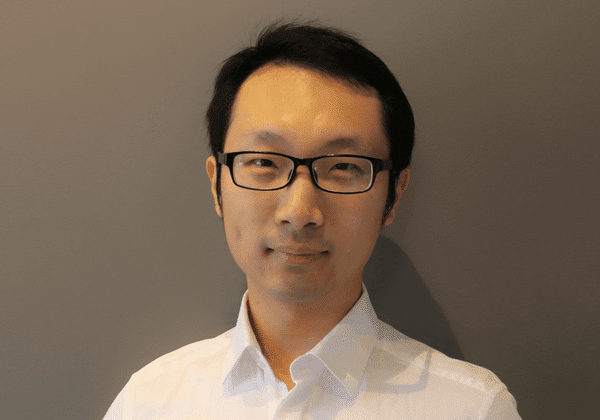Hanchao Hou
Biography
Hanchao Hou is currently a PhD student in the Centre for Positive Psychology, University of Melbourne. He has published several articles in positive education and wellbeing assessment. In recent, he just completed a poster session about Conceptualising and Measuring Wellbeing Literacy: What Can We Learn From a Systematic Review of Literacy Studies? in the 6th World Congress on Positive Psychology 2019.
Co-Auhtor: Lindsay Oades, Gavin Slemp
Wellbeing Literacy – the Language-Use Capability about and for Wellbeing: a Delphi Study towards Its Operational Definition
The use of language plays an important role in people’s wellbeing. Wellbeing literacy is proposed conceptually as the language-use capability about and for wellbeing, which empowers people to improve and maintain the wellbeing of oneself and others. This study reports the result of a Delphi study to operationally define wellbeing literacy from 4 conditions: 1) conceptual foundation, 2) communicating meanings, 3) contextual consideration, 4) intentionality.
Background: The interest of the relationship between language use and wellbeing has been increasing (Kern et al. 2016, Hone et al. 2015, Gordon & Oades 2017). Though literacy (reading and writing abilities in general) and/or other literacies, such as health literacy, mental health literacy, and financial literacy can contribute to wellbeing, being literate in wellbeing per se has rarely been studied. Therefore, we propose wellbeing literacy as a core concept in studying people’s language-use capability about and for wellbeing.
Objective: Though there is a conceptual definition of wellbeing literacy, an operational definition is needed to develop measure and for further research on wellbeing literacy. To operationally conceptualise wellbeing literacy, a Delphi study is employed.
Method: This study follows the process of the Delphi method which consists of multiple rounds of surveys until the participants reach consensus. In the survey, participants – experts in the field of wellbeing and literacy – are asked to rate how clear and theoretically sound the operational definition and the 4 conditions of wellbeing literacy which we derived from a systematic review (Hou, Oades, & Gavin, 2019) are. Then they provide feedback and suggestions on how to improve the ratings. The first round of the survey has been completed in November 2019, and the second round is in progress and will be completed in February 2020.
Result: A preliminary consensus has been reached on the operational definition of wellbeing literacy which consists of 4 conditions: 1) conceptual foundation, 2) communicating meanings, 3) contextual consideration, 4) intentionality. In addition, revisions have been made according to the feedback from the participants. These revisions are being checked in the second-round survey. An operational conceptualisation of wellbeing literacy will be developed after the participants’ endorsement of the revisions.

